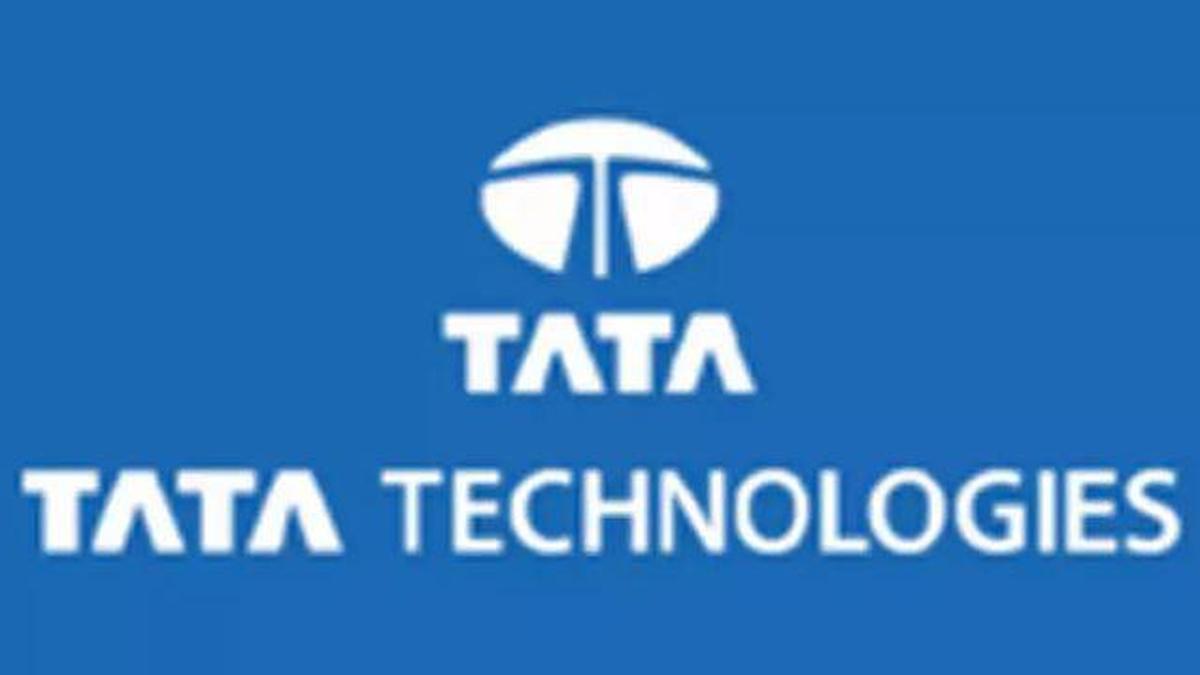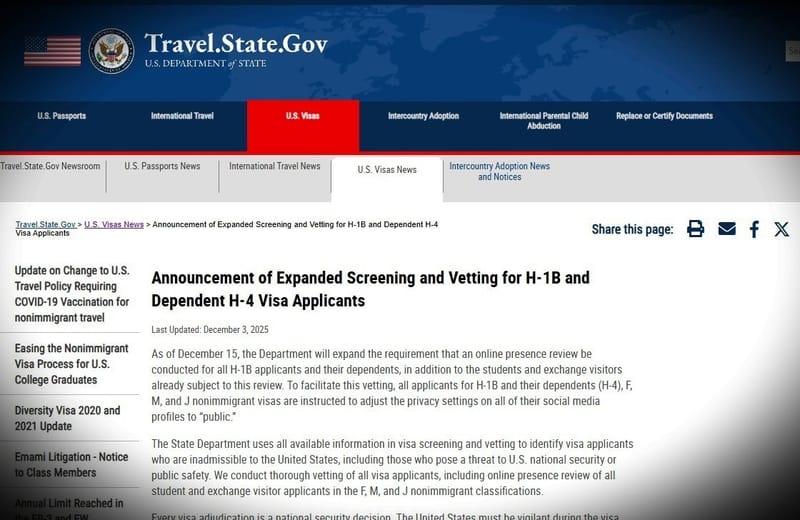Tata Tech CEO: H-1B Visa Fee Hike to Alter Future Resourcing, Minimal Short-Term Impact
The H-1B visa fee increase is prompting global tech companies like Tata Technologies to re-evaluate long-term talent strategies and diversify their workforce reliance.

Subscribe to our newsletter and stay informed about latest H1B news, policy updates and and other developments.
Article Summary
Tata Technologies CEO Warren Harris stated that the H-1B visa fee hike by the Trump administration will not have a short-term impact on the company. He noted, however, that the fee increase would influence future resourcing plans. Harris emphasized Tata Tech's global staffing model, with 70% local employees in any given country, as a factor reducing its exposure to visa issues compared to competitors.
Original Article: thehindu.com
[ Sentiment: neutral | Tone: factual ]
This summary and analysis were generated by TheNewsPublisher's editorial AI. This content is for informational purposes only; it does not constitute legal or immigration advice.
[ Sentiment: neutral | Tone: factual ]
This summary and analysis were generated by TheNewsPublisher's editorial AI. This content is for informational purposes only; it does not constitute legal or immigration advice.
TNP AI: Key Insights
This statement from Tata Technologies highlights a critical consequence of rising H-1B visa costs: a strategic pivot in global resourcing. For employers, this accelerates the shift towards localized hiring and diversified talent pools outside the traditional H-1B pathway, potentially increasing demand for U.S.-based skilled workers in certain roles.
While Tata Tech, with its distributed global workforce, may feel less immediate pressure, the long-term planning impact underscores the growing economic considerations for all companies relying on international talent. This trend could also see companies exploring alternative skilled worker visa programs in countries like Canada, the UK, or Australia, which often present more predictable immigration pathways.




